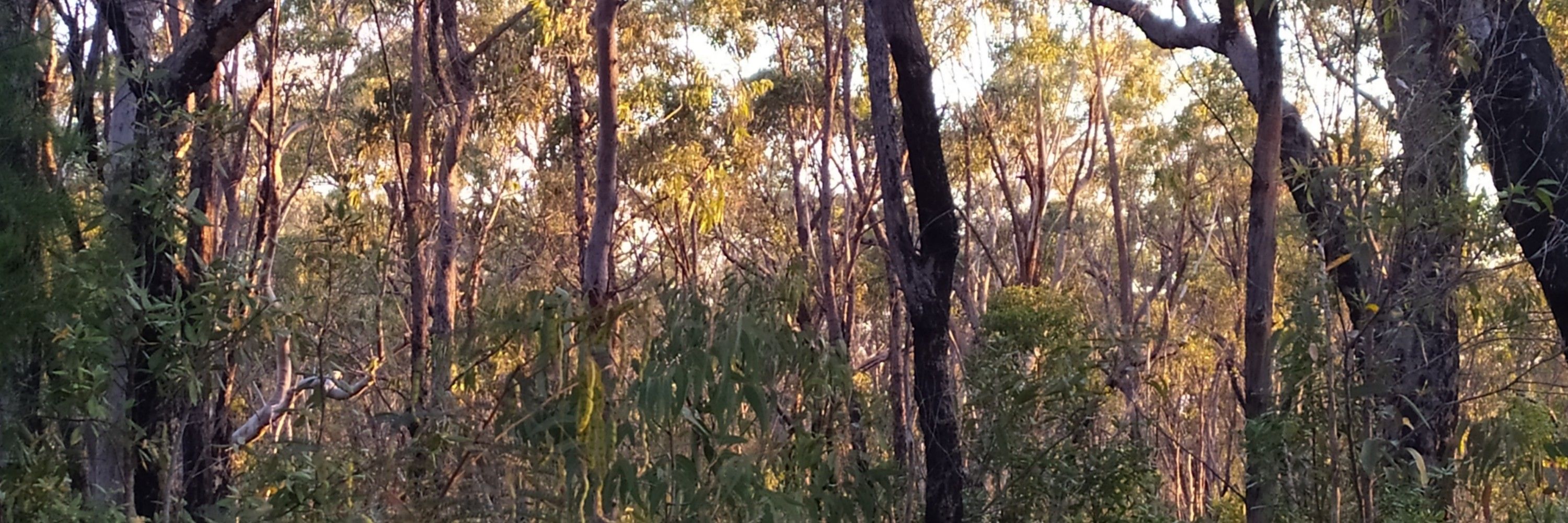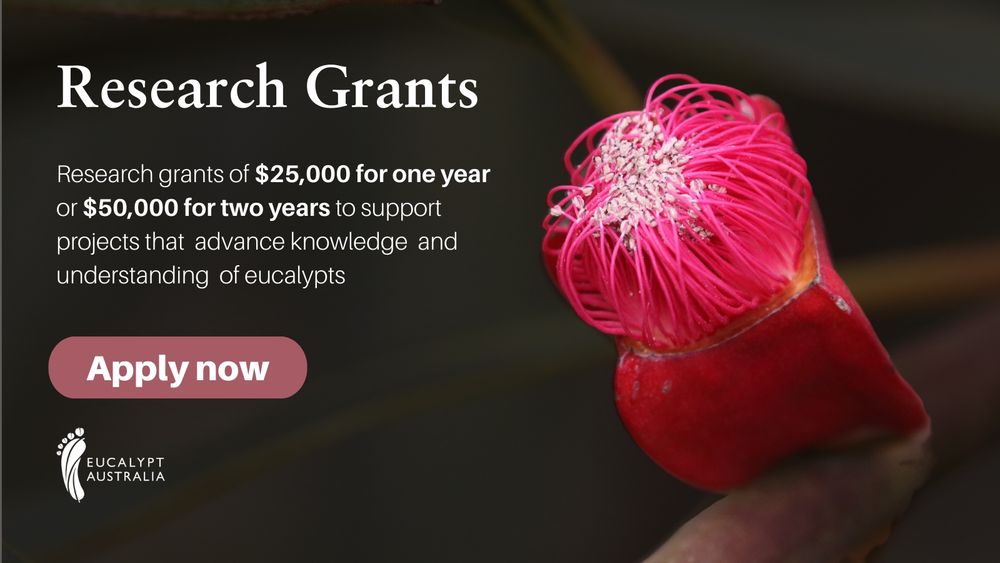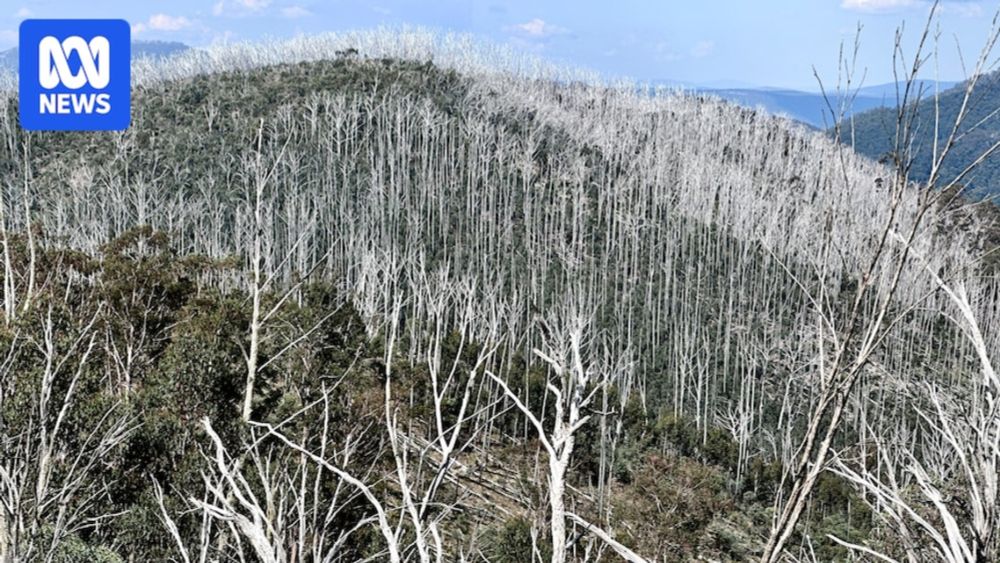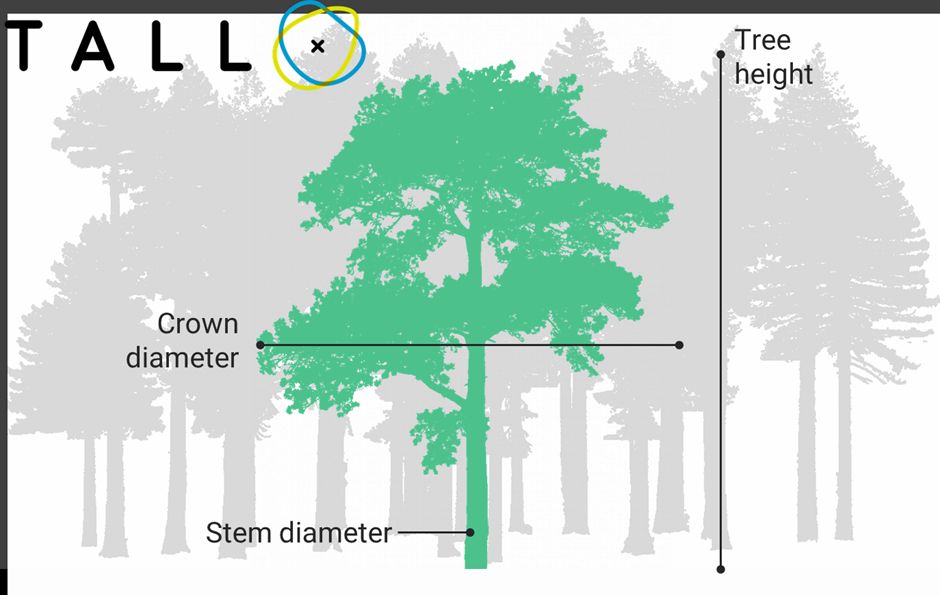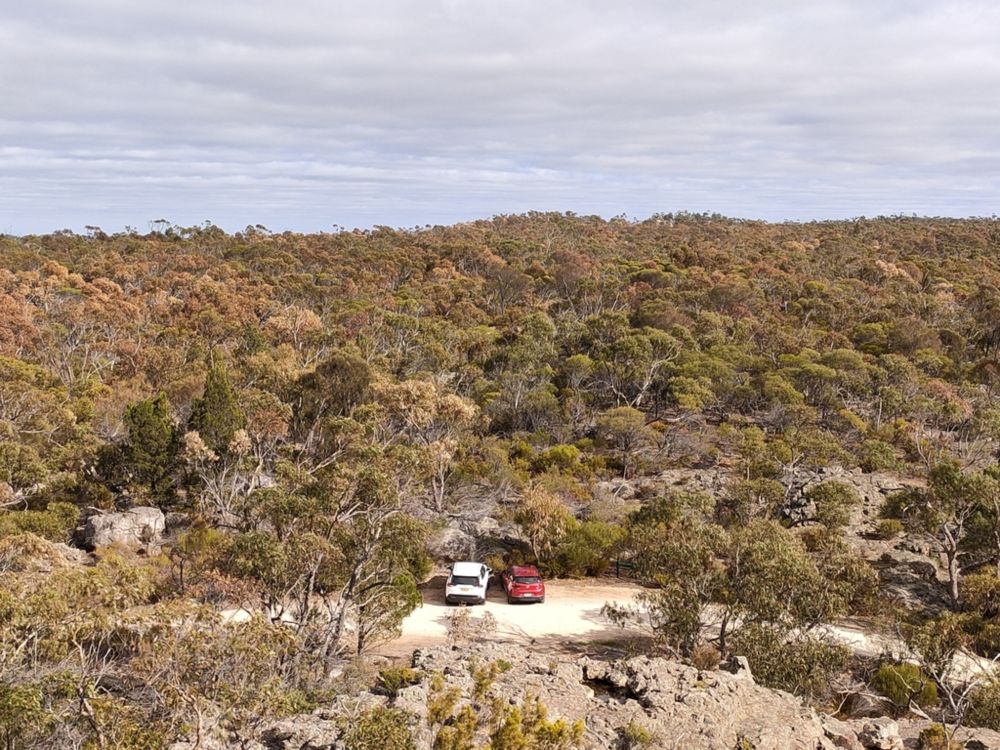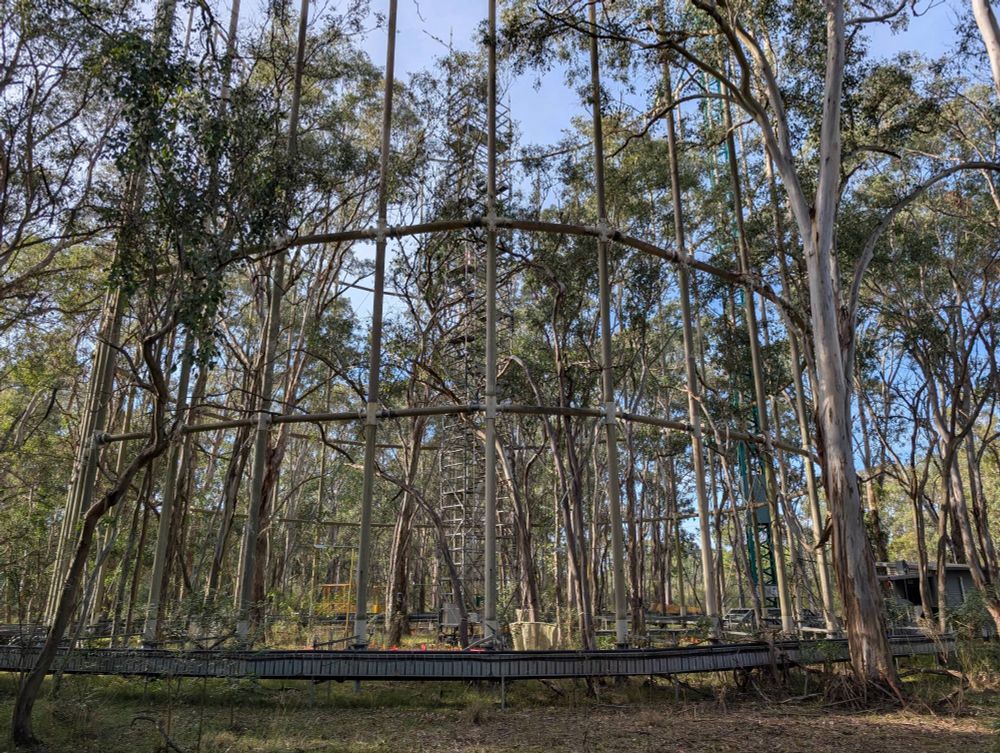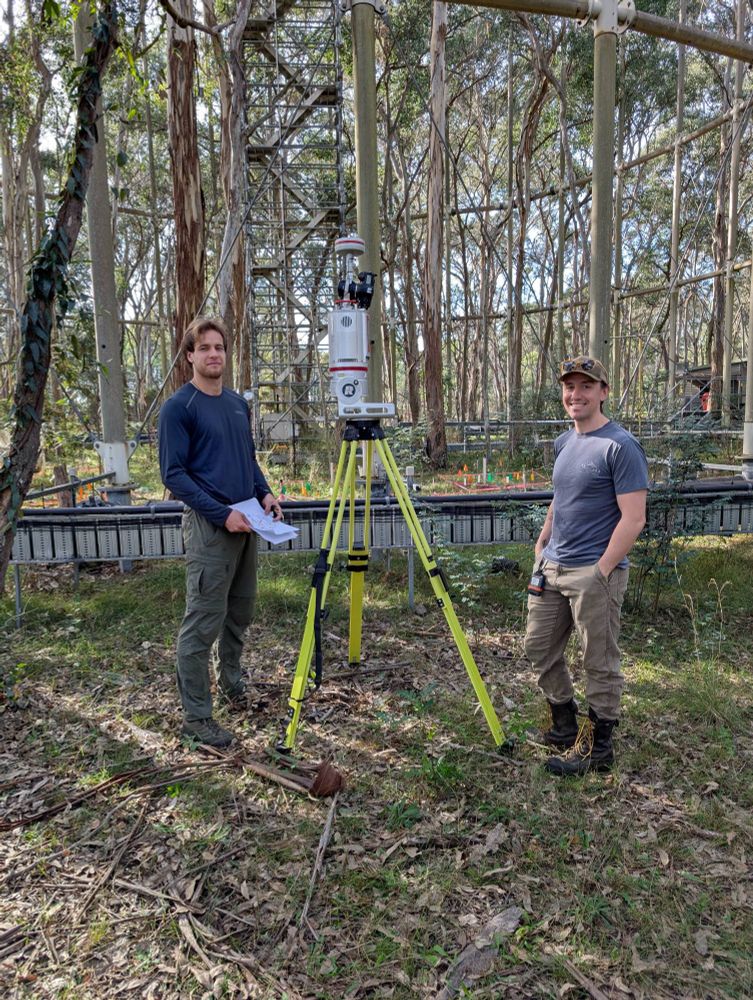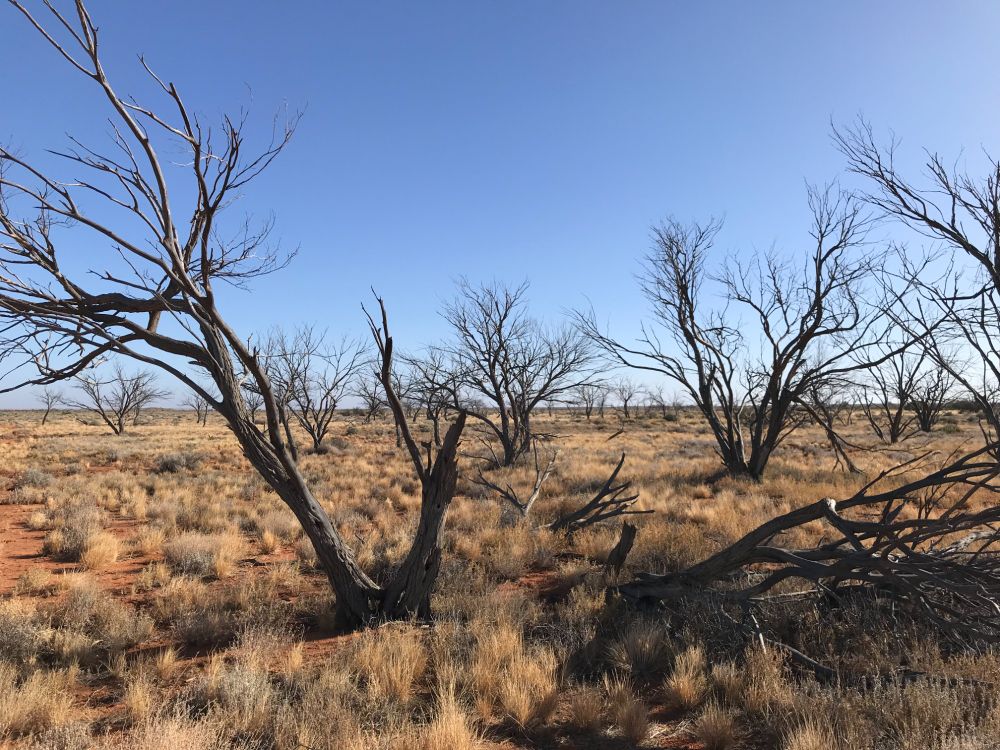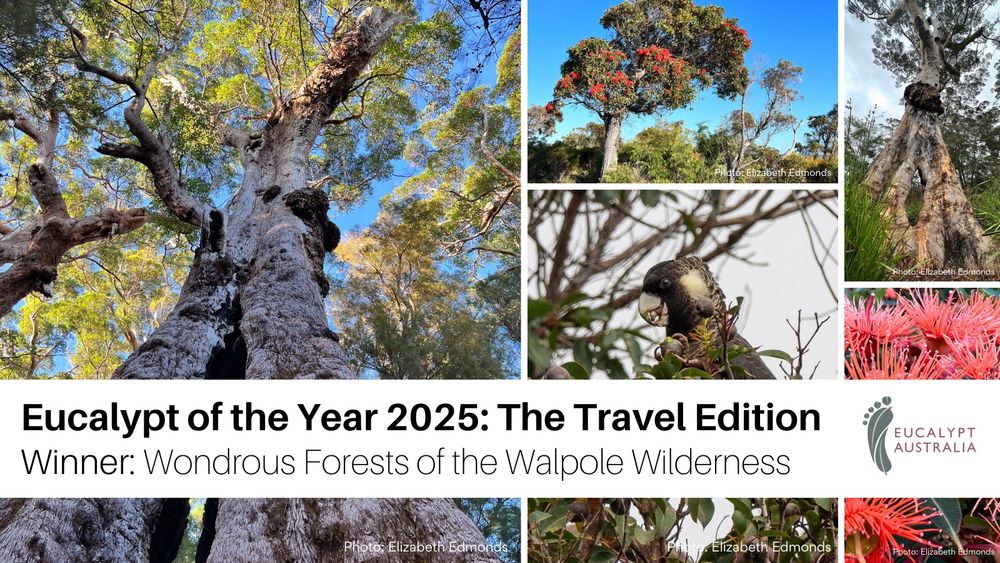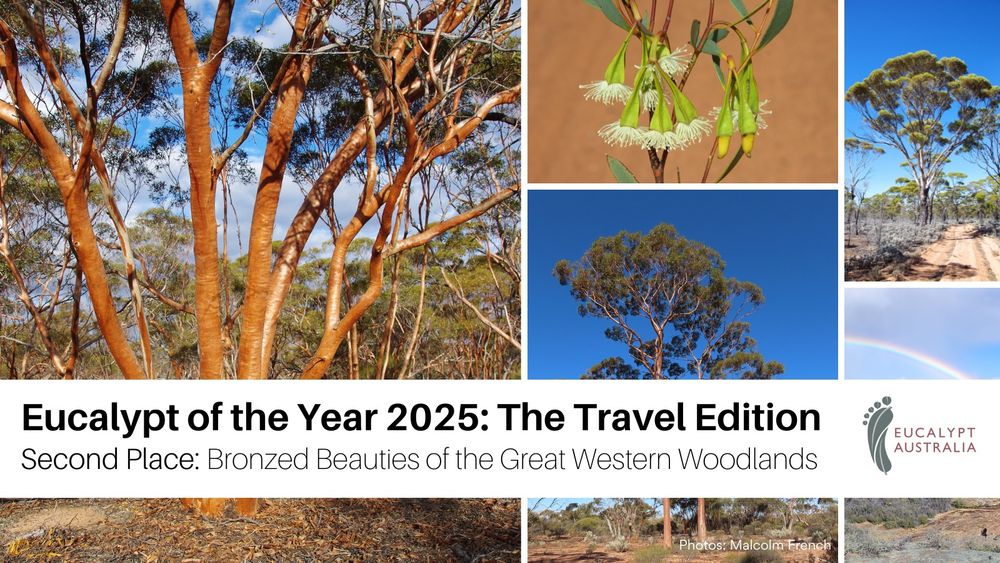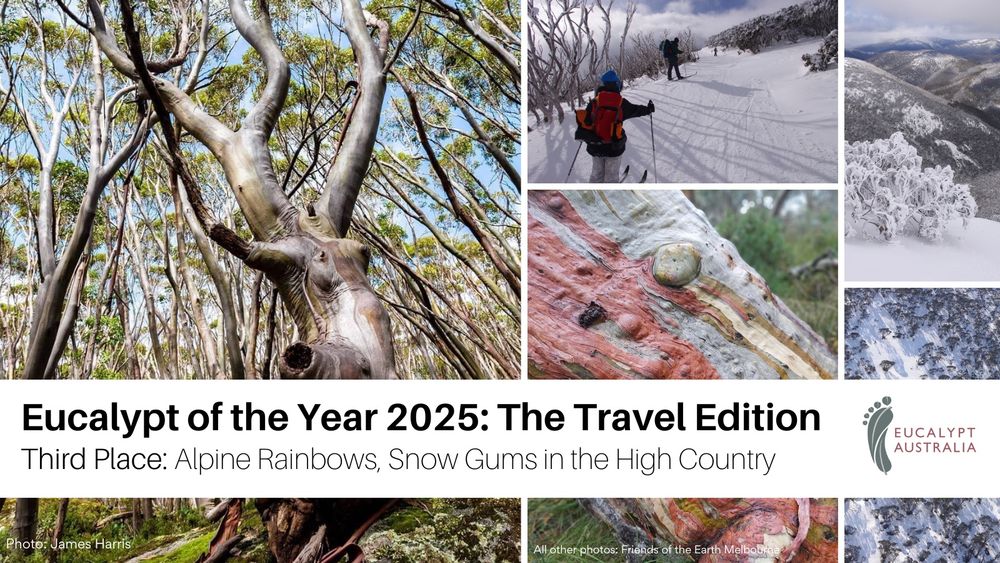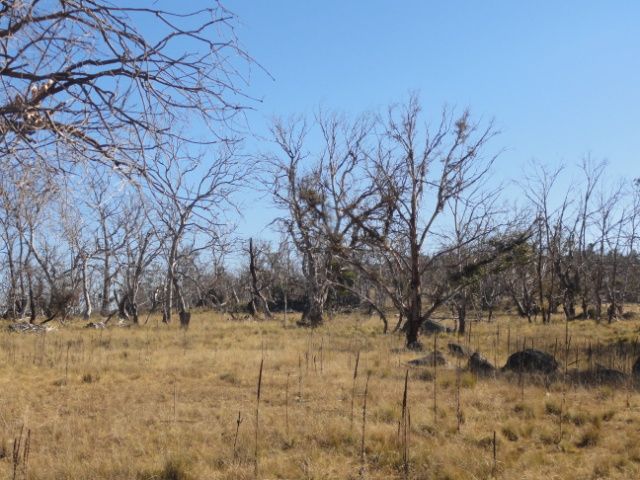Belinda Medlyn
@bmedlyn.bsky.social
2.3K followers
500 following
61 posts
Professor, Ecosystem Modelling, Hawkesbury Institute for the Environment, Western Sydney U. Ecophysiologist and #DeadTreeDetective
Posts
Media
Videos
Starter Packs
Reposted by Belinda Medlyn
Reposted by Belinda Medlyn
Reposted by Belinda Medlyn
Reposted by Belinda Medlyn
Chloé Bentze
@chloebentze.bsky.social
· Jul 14
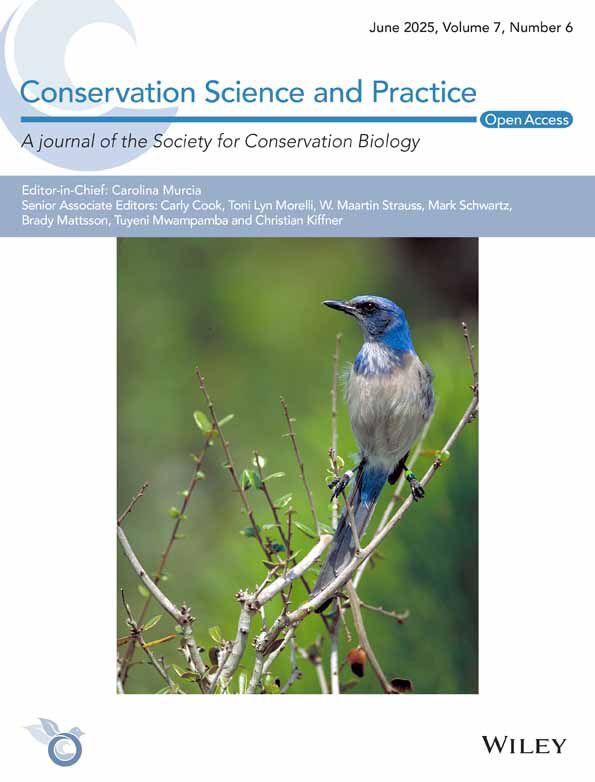
Using in situ microrefugia to safeguard stringybark eucalypts from hot droughts
Facilitating species persistence under climate change is a pressing issue. Refugia, places where the impacts of climate change may be less severe, can constitute the only option for in situ persisten...
doi.org
Reposted by Belinda Medlyn
Reposted by Belinda Medlyn
Reposted by Belinda Medlyn
Belinda Medlyn
@bmedlyn.bsky.social
· Apr 20
Seth Munson
@smmunson.bsky.social
· Apr 19
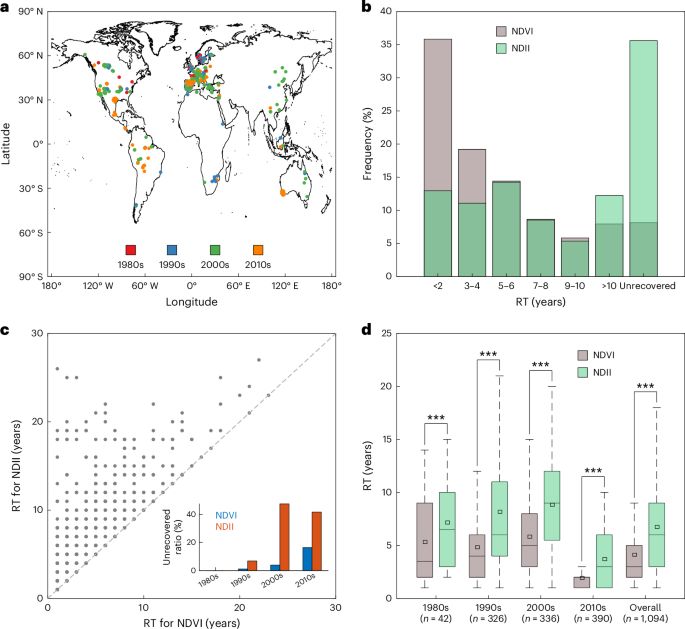
Satellite-based evidence of recent decline in global forest recovery rate from tree mortality events - Nature Plants
Satellite data show declining global forest recovery from tree mortality since the 1990s, driven by warming and water scarcity. Canopy water recovers slower than greenness, stressing the need for a mu...
www.nature.com
Belinda Medlyn
@bmedlyn.bsky.social
· Apr 17
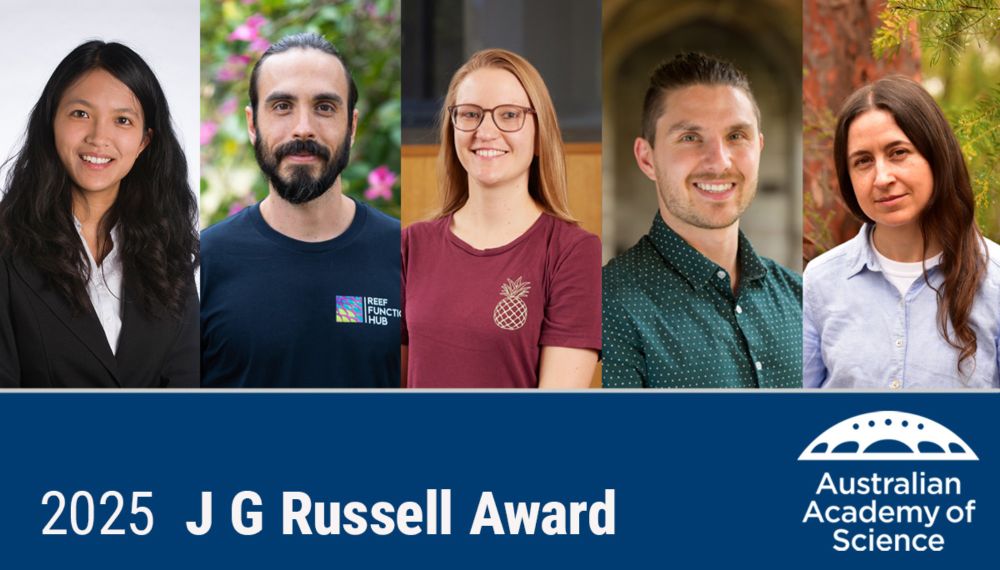
Five emerging scientists receive 2025 J G Russell Award
(from left) Dr Morgan Li, Dr Alexandre Siqueira, Dr Sarah Piper, Dr Marcus Giansiracusa and Dr Laura Williams. Images supplied. Five researchers have been awarded funding from the Australian Academy
www.science.org.au
Belinda Medlyn
@bmedlyn.bsky.social
· Apr 16
Reposted by Belinda Medlyn
Belinda Medlyn
@bmedlyn.bsky.social
· Mar 20
Nature
@nature.com
· Mar 19

Widespread slow growth of acquisitive tree species - Nature
Under field conditions, acquisitive tree species generally grow slowly, whereas conservative species show generally higher realized growth, owing to their ability to tolerate unfavourable environmental conditions.
go.nature.com
